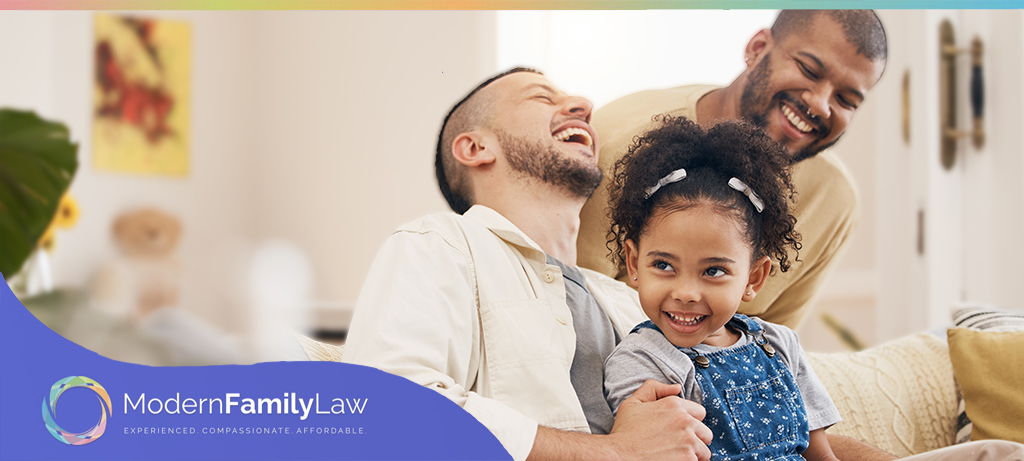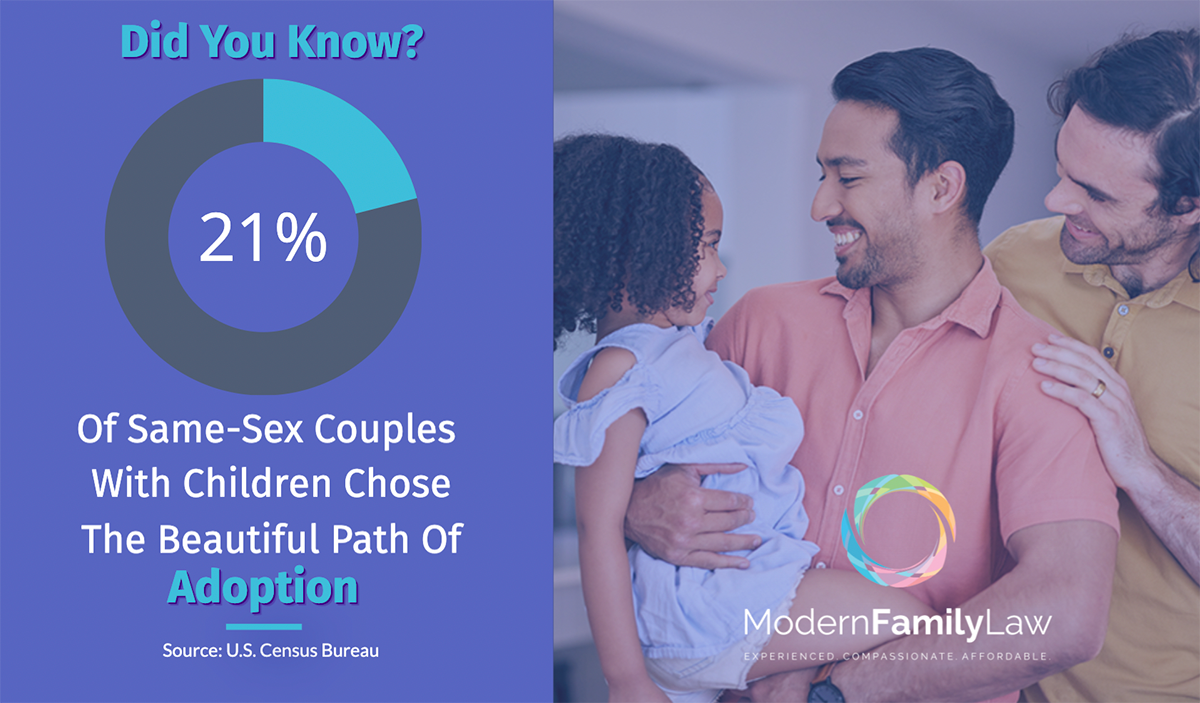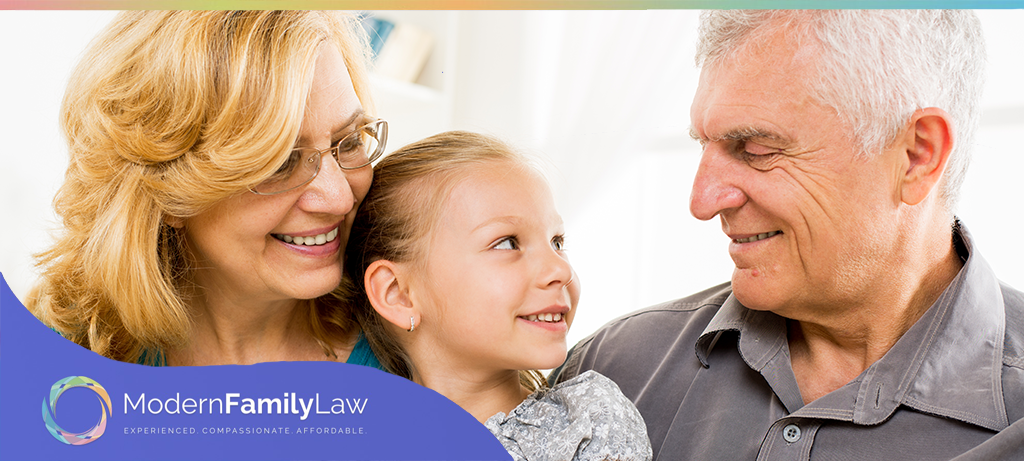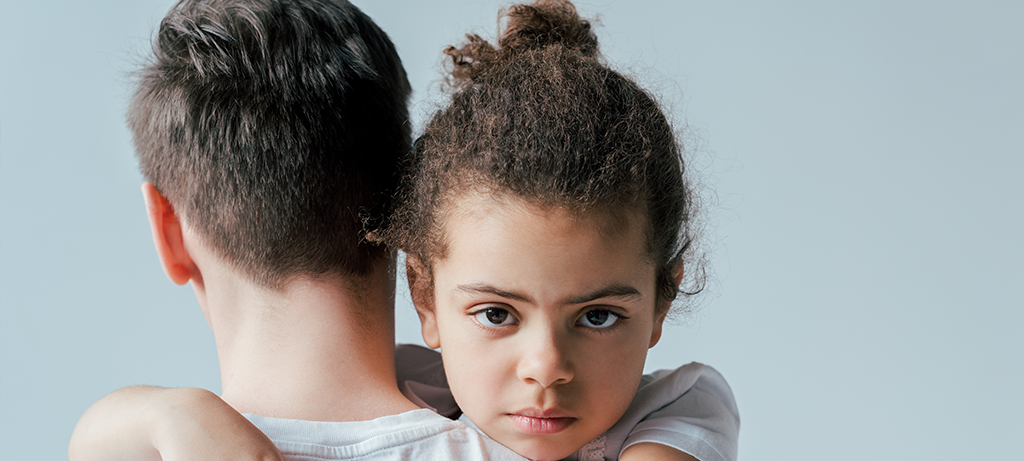The Benefits & Challenges: Adoption In The LGBTQ Community
The decision to adopt is a significant one, filled with layers of emotional, financial, and social considerations. For LGBTQ couples, the adoption journey holds unique benefits and challenges that reflect the broader experience of the community in contemporary society.
Benefits of Adoption for LGBTQ Families:
1. Diverse Upbringing: Children raised in LGBTQ households are often exposed to a broader spectrum of human experiences from an early age. This diversity can lead to a more open-minded and empathetic worldview, fostering a sense of acceptance and understanding of differences.
2. Resilience and Strength: Facing societal challenges head-on, LGBTQ parents often instill values of resilience and strength in their children. These families have a unique narrative of love and perseverance, teaching children the importance of standing up for their beliefs and being proud of who they are.
3. A Tight-Knit Community: The LGBTQ community is known for its strong bonds and mutual support. Adopted children can benefit from this extended network, receiving love and support from not just their immediate family, but a wider community that understands their unique familial structure.
4. Fulfillment and Completion: For many LGBTQ couples, adoption provides the opportunity to experience parenthood and create a family. This fulfillment can deepen relationships and bring couples closer, solidifying their bond.
Challenges for LGBTQ Adoptive Families:
1. Identity Issues: As children grow, they may grapple with questions about their identity, both in terms of their adoption and having LGBTQ parents. These identity challenges might require additional support and guidance, to ensure children have a healthy self-image.
2. Birth Parent Relationships: Navigating relationships with birth parents can be intricate for all adoptive families. For LGBTQ couples, there might be additional layers if birth parents hold biases or prejudices. Open communication and boundaries become essential in these situations.
3. Societal Prejudice: While society has become more accepting, biases still persist. Children of LGBTQ parents might face bullying or questions from peers, requiring parents to prepare them for potential confrontations and arm them with knowledge and confidence.
4. Legal and Institutional Barriers: Even though the legal landscape has improved for LGBTQ adoptions, challenges can still arise, from inconsistent state laws to international adoption restrictions. It’s crucial for LGBTQ parents to be well-informed and possibly seek legal counsel when needed.
While adoption brings immeasurable joy and fulfillment to LGBTQ families, it’s not without its set of challenges. However, with the right resources, understanding, and support, these hurdles can be managed, leading to thriving, loving households.






